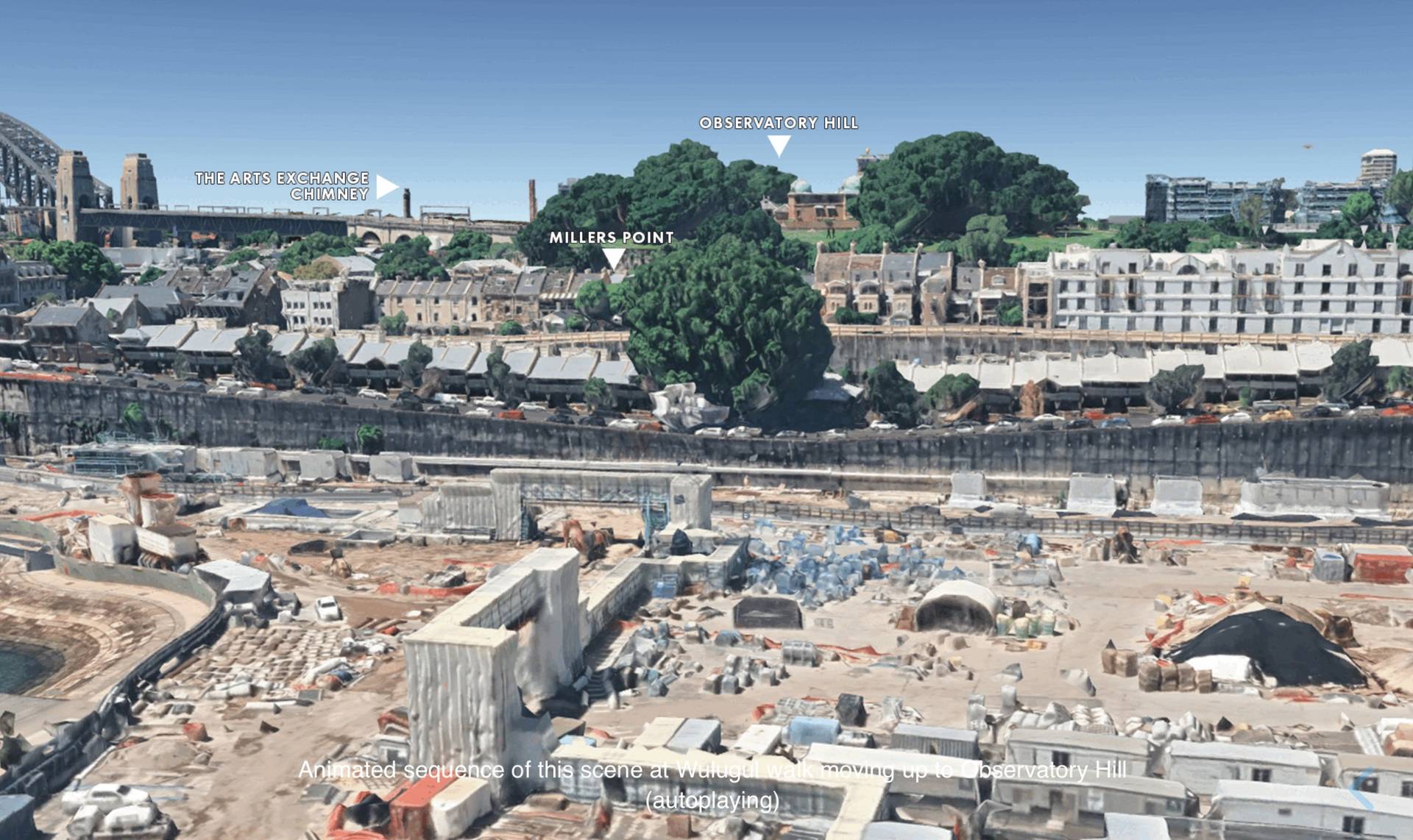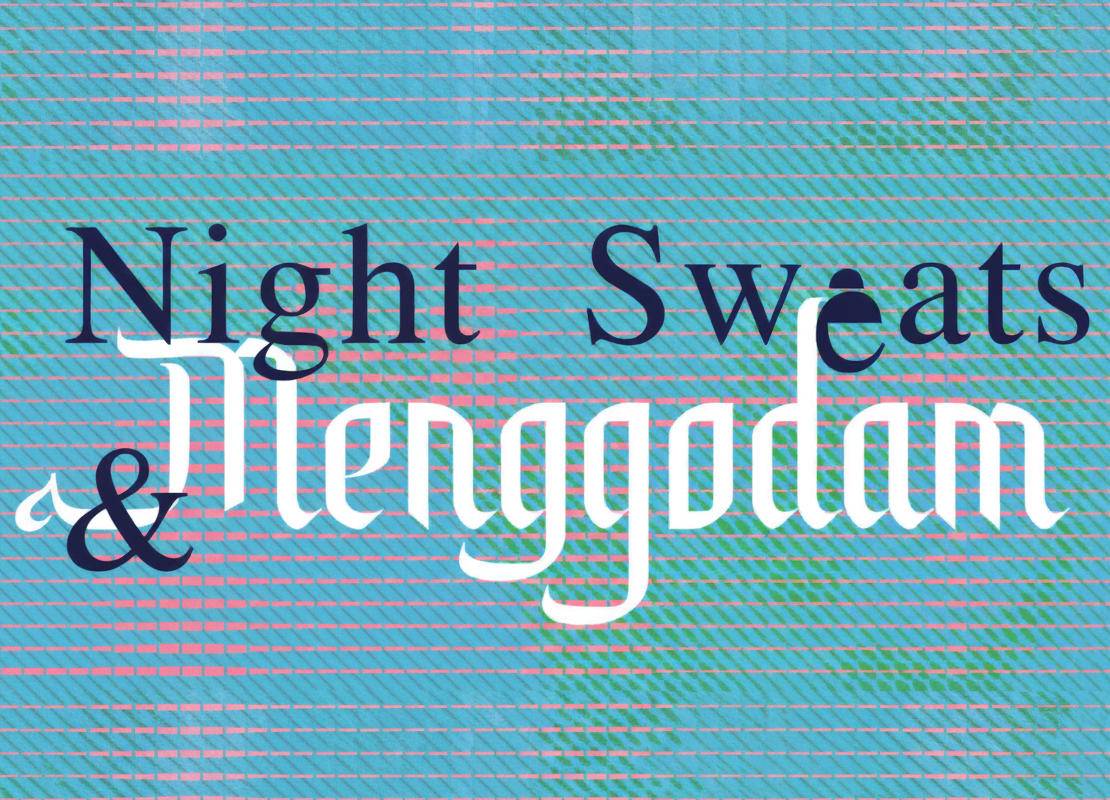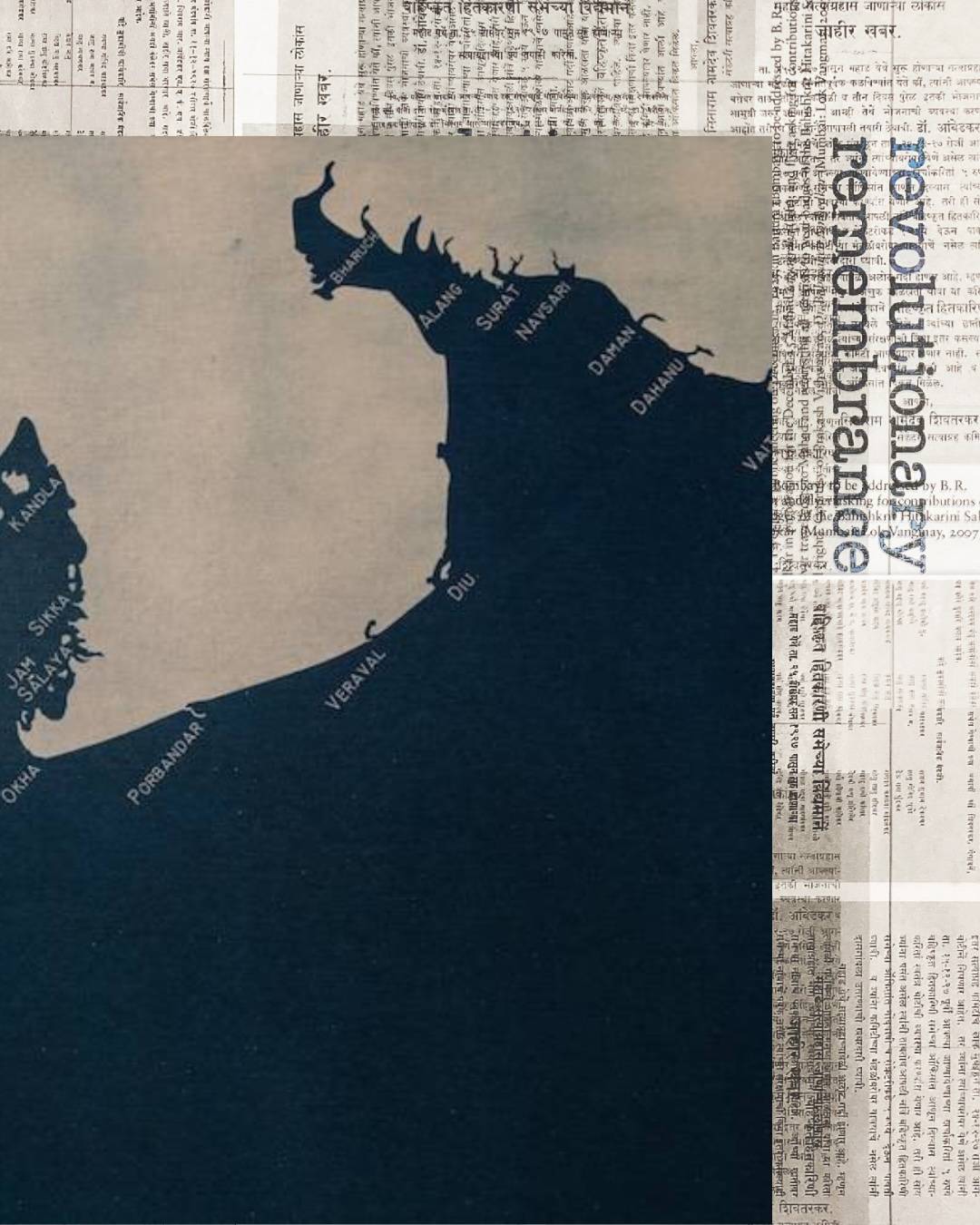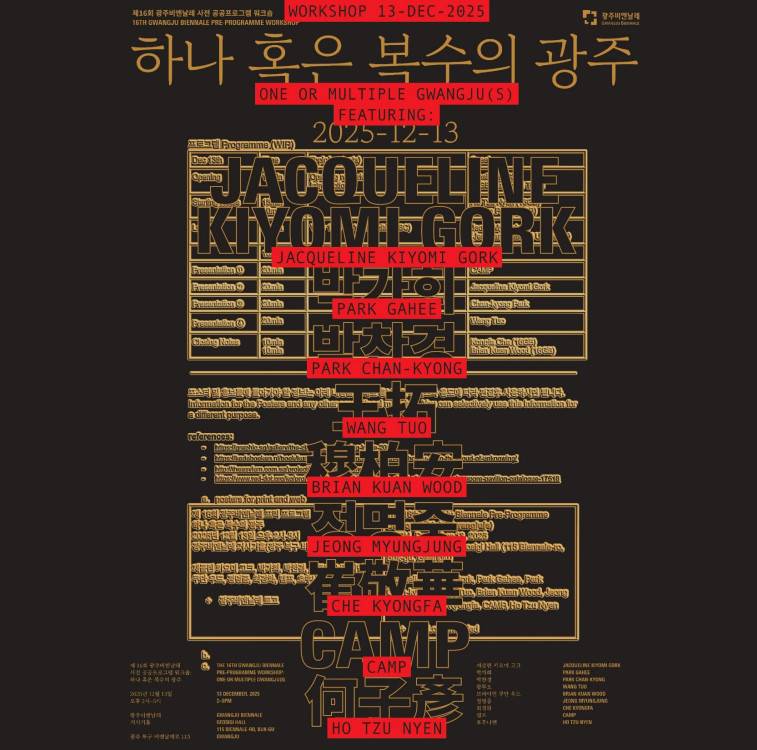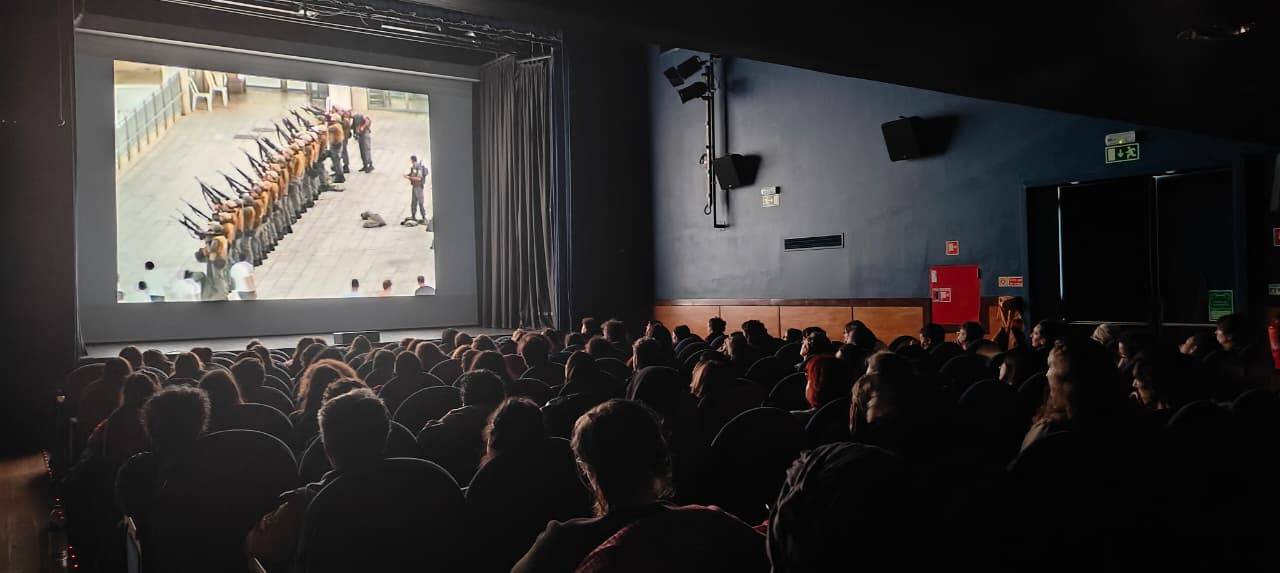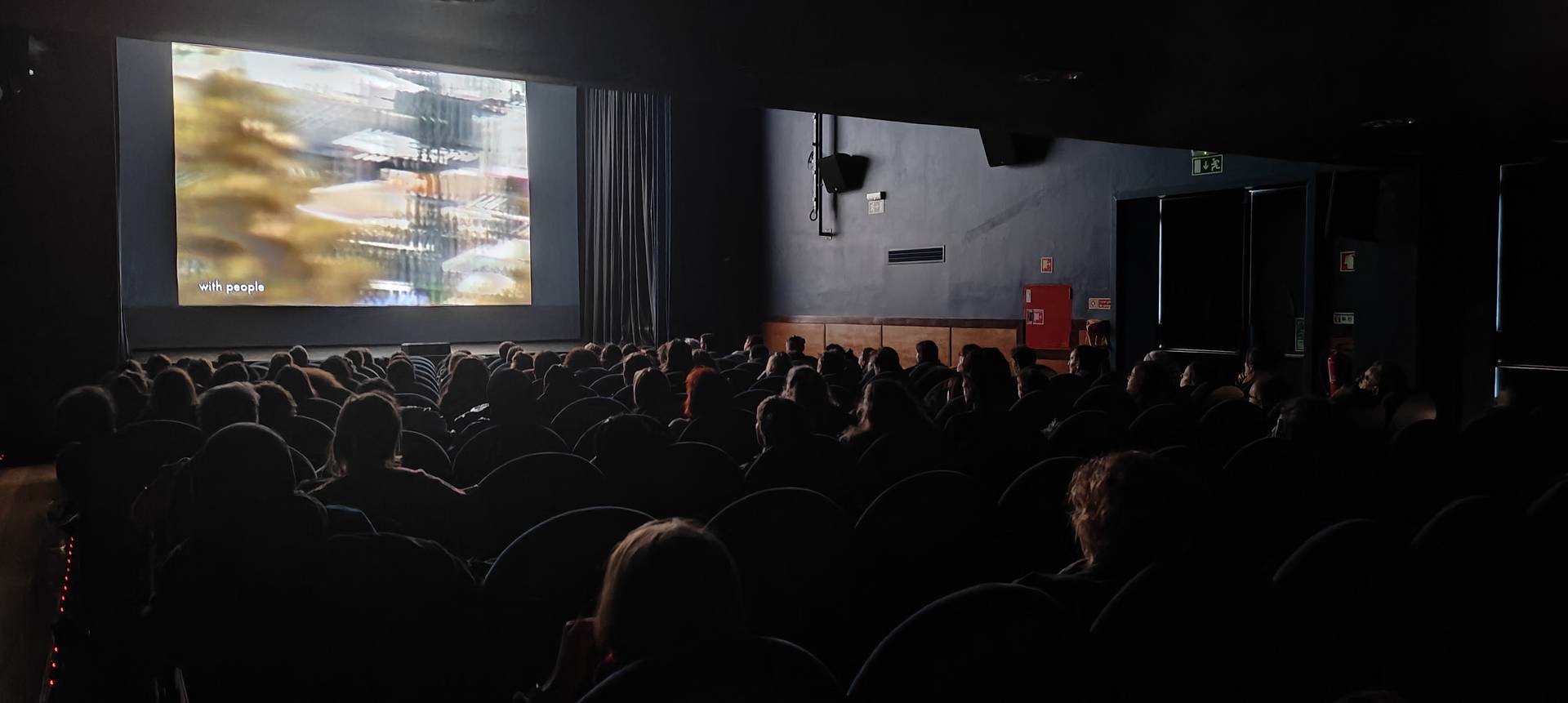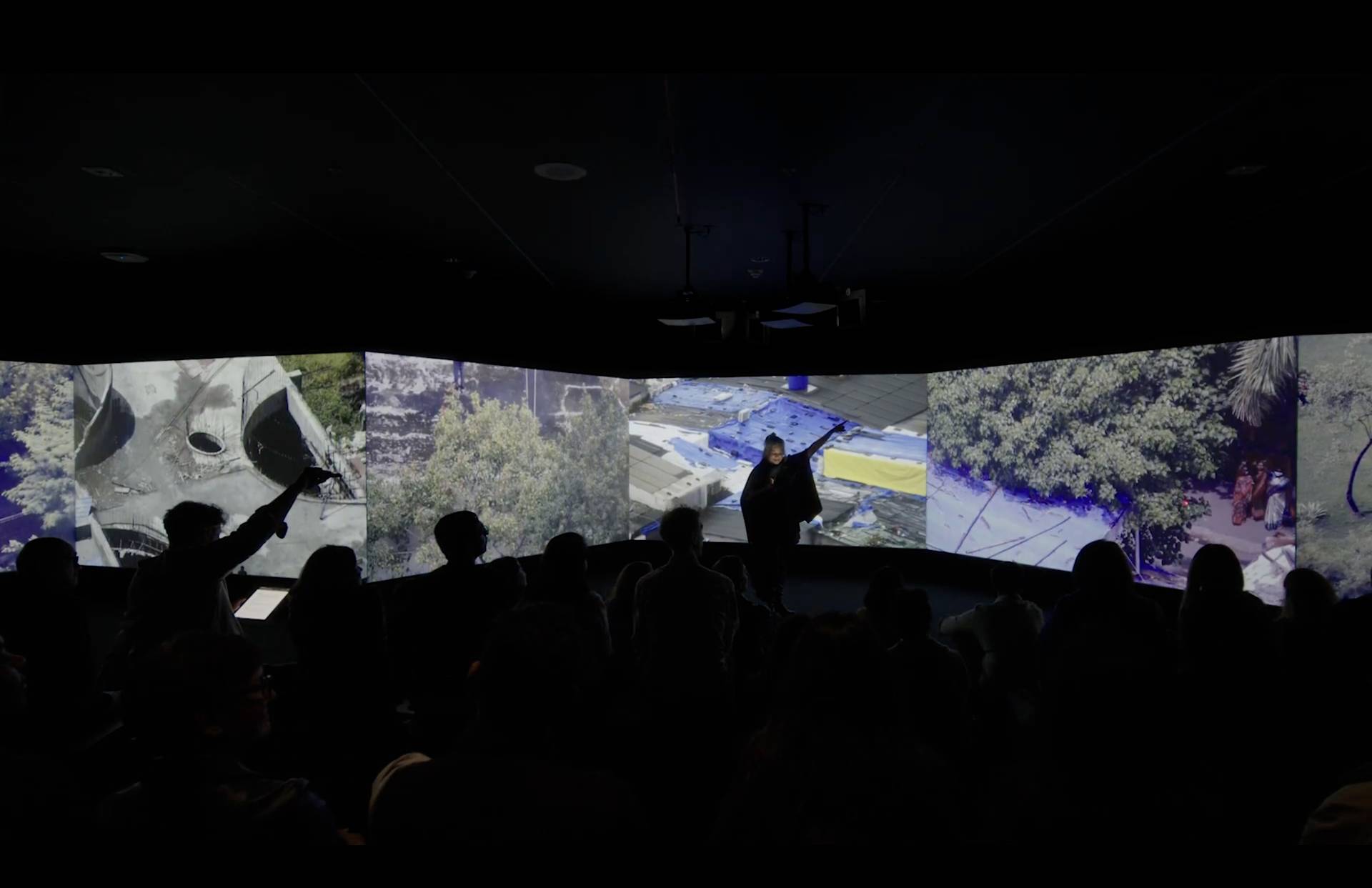One, Micro Cinema
May 8, 2008 - May 8, 2008
After many meetings with various groups in the market, we decided to begin with "micro cinema" for the premiere soiree. We chose Mandabi, (Le Mandat In French), by one of Senegal's well known directors (and novelists), Ousmane Sembene.
Modibo D'awarre, a Senegalese filmmaker who had studied in FTII, Pune in the 90's had remarked in an earlier conversation: "Directors like Sembene made subaltern cinema for bourgeois consumption. Their films followed in the tradition of the 'auteur' films, written, directed and produced by single individuals albeit with European funding." True, Sembene was Africa's export to world cinema, but like the films of Ray, were yet to be seen by the kind of audiences who constituted the subjects of their films.
Mandabi, The Money-Order (1968), his first film in Wolof, is very much in the tradition of our (Indian) social-realist parallel cinema of the late 60's and 70's. It tells the story of Dieng, a 'good Muslim' in Dakar who receives a money-order from his nephew who works in Paris. To get the letter read, he needs to pay someone. To cash the money-order, he needs a photo ID, for the ID he needs a birth certificate, and so on. The film unfolds across the slow and frustrating machinations of post-colonial bureaucracy even as the speedier 'social(ist)' norms of traditional and communal 'sharing' of the 'wealth' ensure that its well distributed and spent between wives, nephews, sisters, cousins, imams and corrupt officials. In all this humour and lightness are important characters, and distinguish this film from many others of its kind.
The electricity for Soiree 1 had been provided by the director of the market, the genteel Abdoul Rahman-Ly who after agreeing had marched us into the office of the redevelopers to plug in. The men-folk had suggested Biscuiterie Rue-16 as the venue, one of the broader 'kognes' (lanes) leading of from the main road of the market. The screen was hung on the broad corner wall of a building from the balcony of a cousin of an old man Macky N'diaye who was surprising in his alacrity to get things done by 'giving' and not demanding. Sighting 'Toubab's' in the streets flush with European do-good funding was so commonplace in Dakar, it was to be a couple of days before the people at Marche N'Gellaw would begin to trust us, and give the project a different reading. For now, it seemed customary to ask for money, even though we would explain that the 'charge' was on the donor, via other currencies like electricity for the battery or other requirements like large speakers or a wall for the screenings.
A large contingent of women arrived at 7:15; they were the women from the upstairs vegetable market who we had invited during an earlier rendezvous. Some came with radios, as we had mentioned FM at the meeting. A small FM antenna had been strung on a light pole, and the near-by shops were all requested to tune-in to 103 FM. A white board listed the Xew Xew (event) of the evening, with special guest Dj Amala (Radio Dakar) and the names of the people who had contributed 'courrant and recharge', in this case Abdoul Rahman-Ly, Macky N'diaye(for the balcony wall and for subsequent week long storage of mats and our equipment table) and Abdul Cisse from the fabric shop next door --we began running out of juice soon after DVD 1, there were about a hundred people into the movie, Cisse who had been watching from his shop counter was quick to plug the power and keep the projector going--














